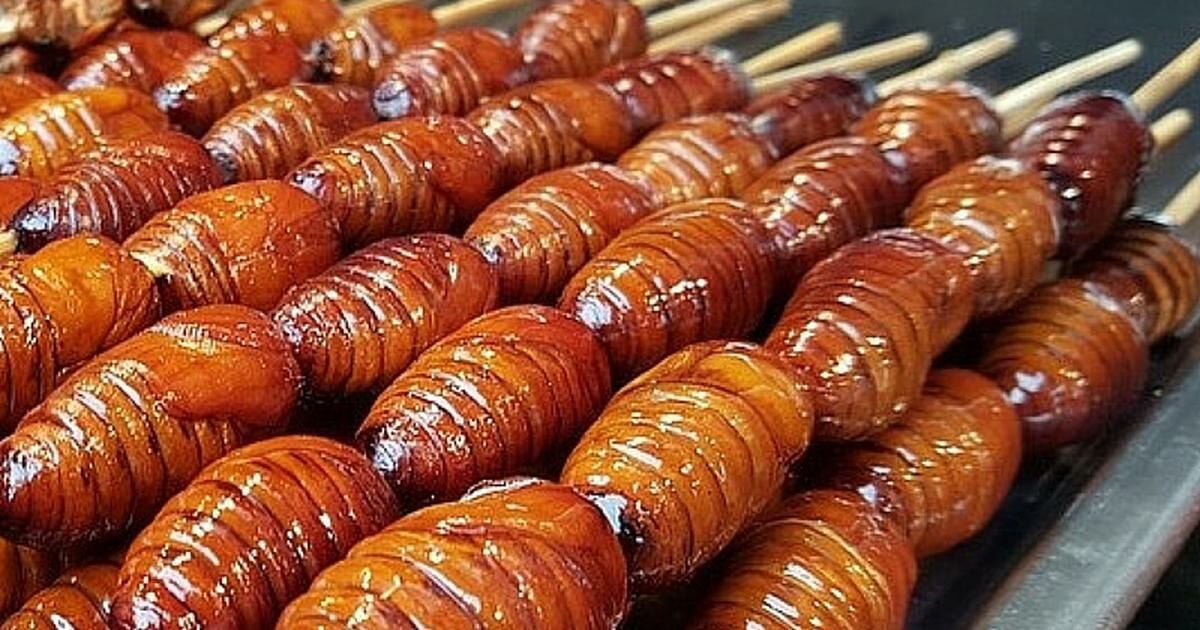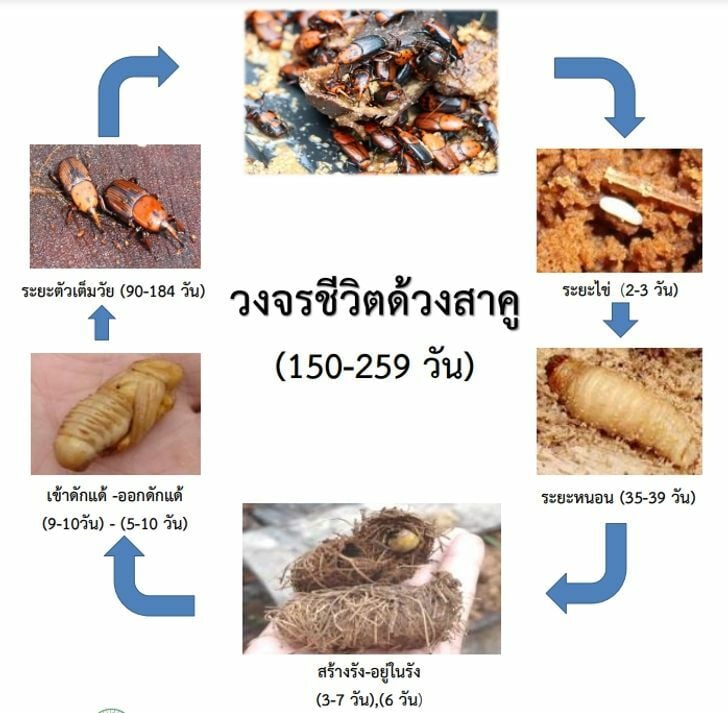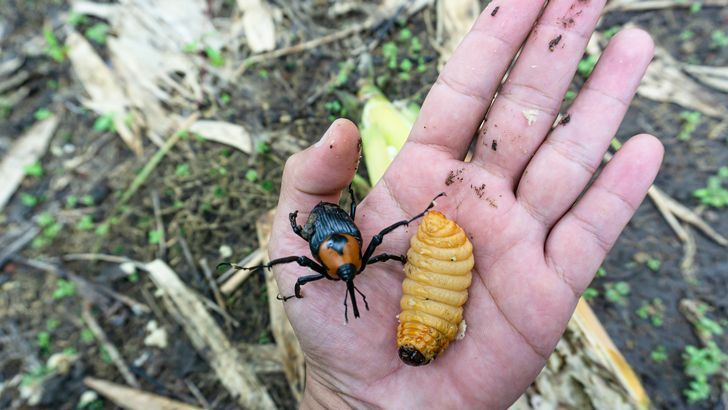Beetle mania: Thailand sago beetles set to crawl onto global menus

In a sensational twist of culinary trends, the humble sago beetle is poised to go global! Scientifically known as Rhynchophorus ferrugineus Oliver, these critters, dubbed pin-hole borers or true weevils, are a Southern Thai delicacy also referred to as lan beetles.
Edible insects are the buzz in Thailand’s southern provinces, where sago beetles are farmed en masse. Packed with healthy monounsaturated and polyunsaturated fatty acids, these beetles are wiggling their way onto the plates of both local and international consumers. Swapping your steak for these six-legged snacks could be your ticket to better health.
And it’s not just crickets stealing the spotlight. Sago beetle larvae are emerging as the next big thing in insect exports. Easy to farm, quick to grow, and low maintenance, these beetles are the future of sustainable snacking. Plus, with their chubby larvae fetching a pretty penny at the market, they’re an economic goldmine.
An adult sago beetle, measuring 2.2 to 3.5 centimetres, stands out with its brown-tipped wings and vibrant thorax. Their heads are adorned with long snouts and biting mouthparts, making them look like something from a sci-fi flick. But don’t be fooled by their gnarly appearance, these bugs are good business.
In Thailand, a kilogram of these munchable beetles, which contains around 200 bugs, sells for a cool 200-250 baht. Pupae fetch an even higher price at 250-300 baht per kilogramme. And the news just gets better: sago beetles have now been given the green light for international export by the Thai Food and Drug Administration. Nations such as Italy, the UK, Germany, Australia, Mexico, and other European Union countries are welcoming these edible ambassadors with open arms, Sanook reported.
Even better, these beetles can be processed into canned delicacies, making them ideal for export. So, get ready, world—the sago beetle is here to stay, promising a nutritious and sustainable crunch to your culinary repertoire.
Bug enthusiasts and eco-warriors alike are buzzing with excitement as the sago beetle marches its way to the global stage, proving that sustainability has never tasted so good.


Latest Thailand News
Follow The Thaiger on Google News:


























